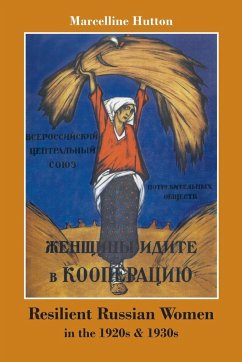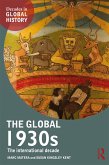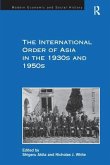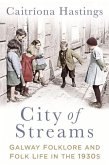The stories of Russian educated women, peasants, prisoners, workers, wives, and mothers of the 1920s and 1930s show how work, marriage, family, religion, and even patriotism helped sustain them during harsh times. The Russian Revolution launched an economic and social upheaval that released peasant women from the control of traditional extended families. It promised urban women equality and created opportunities for employment and higher education. Yet, the revolution did little to eliminate Russian patriarchal culture, which continued to undermine women's social, sexual, economic, and political conditions. Divorce and abortion became more widespread, but birth control remained limited, and sexual liberation meant greater freedom for men than for women. The transformations that women needed to gain true equality were postponed by the poverty of the new state and the political agendas of leaders like Lenin, Trotsky, and Stalin.
Hinweis: Dieser Artikel kann nur an eine deutsche Lieferadresse ausgeliefert werden.
Hinweis: Dieser Artikel kann nur an eine deutsche Lieferadresse ausgeliefert werden.








